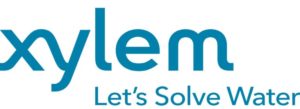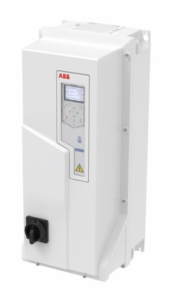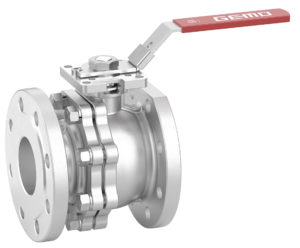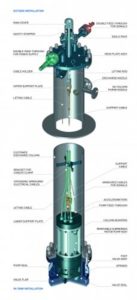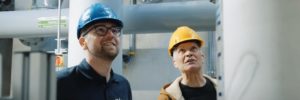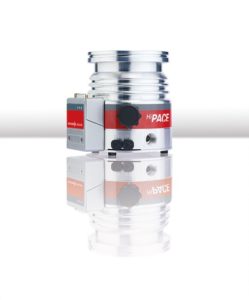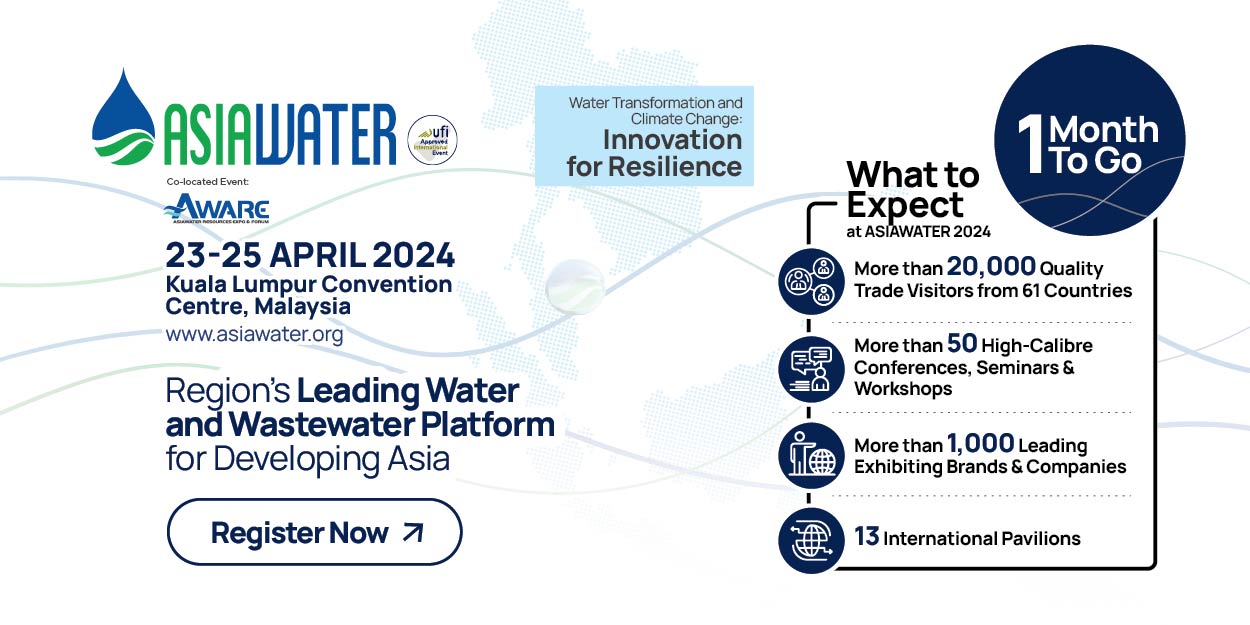Water Cooling Saves Energy
95% of the lost energy of a pump motor is saved and reused by cooling it with water. At this year's ISH trade fair, Herborner Pumpenfabrik has introduced this innovation to the pump technology market for the first time.
(HERBORN/Germany) – Herborner Pumpenfabrik produces pumps for industry, local water supply systems, sewage waste disposal and shipbuilding. Having an impressive 125 years of experience, the company is also the market leader in the German-speaking countries of central Europe in the area of bathing water circulation pumps for swimming pools. Moreover, its market position in Eastern Europe has been substantially strengthened, by the strategy of accelerated expansion.
Herborner Pumpenfabrik is offering something completely new in the area of swimming pool pumps right on time for ISH, the international trade fair for installation and sanitary business, which takes place in Frankfurt from 27-31 March 2001. The product being presented is a water-cooled pump motor for the company’s entire UNIBAD range. This range was fundamentally revised towards the end of last year and presented at the Interbad fair in Stuttgart featuring many innovations.
The new water-cooled pump motor is highly effective and very easy to operate. One part of the water to be transported is directly removed from the pump and guided around the motor by a special cooling jacket. After that, it is resupplied to the hydrological cycle (cf. Fig. 1).
The motor’s waste heat would normally be energy lost, but thanks to water cooling, 95% of the wasted energy is resupplied to the bathing water in the form of heat. In fact, water is proving to be just as effective a cooling agent as air.
Herborner Pumpenfabrik is offering the water-cooled motor in all performance ranges between 4 and 30 kW.
The system saves energy in many ways: in the first point, the pump space no longer has to be aerated or deaerated, which had previously been required with the heat build-up of air-cooled motors, depending on the size and number of pumps. The second fact is that heating energy is saved by the direct use of waste heat to heat the bathing water.
But water-cooling not only saves energy, it also saves money. The pay-back period for the additional costs arising from the purchase of a water-cooled motor is just three to five years on average. If the energy saved by the Herborner principle were converted into heating values of fuel oil or gas, the costs after just five years would easily exceed those of a new, water-cooled motor, not taking into account the cost increase of fossil fuels in recent years.
The system is proving equally useful when it comes to the modernisation or renovation of old plants, because even with older pumps from the UNIBAD range, the air-cooled motors can be easily replaced by water-cooled ones, by using an additional retrofit component.
Based on his own studies and various theses in the area of heating circulation pumps, Karl-Heinrich de Roi, Authorised Signatory and Project Management Director of FAMIS, a subsidiary of VSE AG (Vereinigte Saarländische Elektrizitätswerke) in Saarbrücken, brought to Herborner Pumpenfabrik the concept of not simply limiting a pump motor to its specific area of use but to factually incorporating value-added energy features. As a facility management service provider to public facilities such as swimming pools, schools and hospitals, FAMIS has a major interest in lowering energy costs and optimising operating costs. With this in mind, the Development Department of Herborner Pumpenfabrik set out to make an innovative contribution to modern pump technology using state-of-the-art CAD and simulation software. Against the background of AGENDA 21, the international agreement on reduction of CO2 emissions, the new UNIBAD with a water-cooled motor saves operating costs for the user and is also very much a step in the right direction from an environmental point of view.

